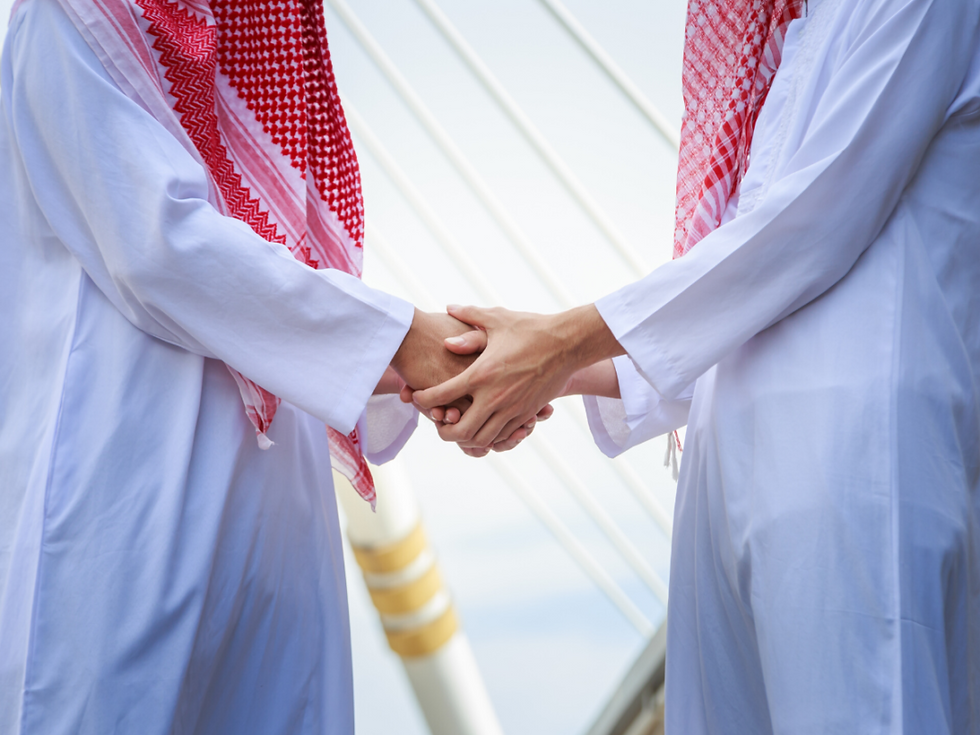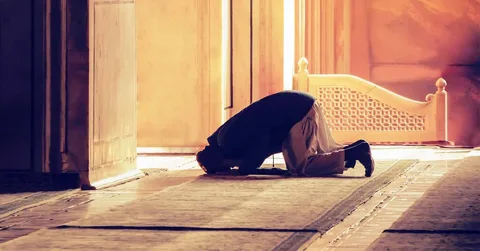Myths About Religion Islam
- buttharis19999
- Jun 16
- 4 min read
Islam, which is one of the biggest religions worldwide, is usually cloaked in misconceptions and myths, among countries where people do not know much about the religion or where stereotyped knowledge prevails. Such myths may mislead the real perception of Islam and may lead to fear, distrust, or even animosity. A myth that exists is that Islam is a violent religion. Such notions are being fueled mainly by the activities of radical groups who in the name of Islam do contrary things. The fact is that Islam is a peaceful religion and the term of Islam in its turn is made up of the Arabic term salaam that means peace. The Quran repeatedly underlines the importance of human life and forbids strict punishment of murder and injustice.
There is another common misconception about Islam that oppresses women. Some of those who oppose Islam do so because of the culture in some Muslim-dominant nations that limit the rights of women and another mistake is that such cultures are religious obligatories. Islam however offered the rights of education, inheritance, work and divorce to women more than 1,400 years ago, long before several societies did. Even the Prophet Muhammad, peace be upon him did foster the education and empowerment of women and himself his wife Khadijah was a successful businesswoman. Hijab is said to be a symbol of oppression but the truth is that most of the Muslim women cover up as a way of expressing their religion, modesty and identity and not as a way of being forced to do so.
Another form of misunderstanding is that Muslims do not worship the same God. Actually, the Trio (Muslim, Christian and Jewish) believe in a single God, who is the God of Abraham; or in other words, a monotheistic God. God is referred to as Allah in Arabic Language and this is merely The God. According to the Islam faith, all the prophets namely Moses, Jesus, and Muhammad preached the same message of serving a single God and living a holy life. The misunderstanding is brought by the disparity of languages and interfaith communication. Islam recognizes the former scriptures and messengers, though the Muslims hold that the last word of the revelation was done by Prophet Muhammad in the Quran.
The other myth is that Islam promotes forced conversions. This is all not true and it opposes the teachings of the Quran. The Quran specifically provides the guideline that there is no compulsion in religion (2:256) meaning that one cannot be sure based on force but rather he must be sincerely convinced by the faith. In the past, when the Islamic civilizations spread, other religious communities were ruled by Muslims but were given the freedom to worship and were guided and governed by the law, like the Jews and Christians in Al-Andalus (Islamic Spain). On one hand, other religions or people are welcome to learn more about the beliefs of Islam and accept the message, but not by any violent approach.
Others are of the view that Islam is antique and that it cannot be associated with modern values. This myth forgets that Islam as with all the other major religions runs on an ancient set of ideals like justice, compassion and integrity which remain true today. Islamic law (Shariah) is flexible and contains a mechanism of interpretation so that the scholars may be able to apply them to new situations. Muslim professionals contribute to science, medicine, education, and arts throughout the globe and, thus, it is evident that Islam does not only limit intellectual growth and advancement.
The myth that just all Muslims are Arabs also exists. As a matter of fact, the number of Arabs in the whole world is just approximately 20 percent of the entire Muslim populace. Islam is a universal religion that is followed by people of many ethnic, cultural and national orientations. Indonesia is the largest country with Muslim dominance and there are also many Muslims in the countries of South Asia, Africa, Europe, and Americas. This ethnicity makes the Islamic world rich in traditions, languages, and cultural forms, yet sharing all the basic ideas of Islam.
Lastly, it is a myth that Muslims do not integrate into the non-Muslim societies. There are millions of Muslims who are good and productive peaceful citizens of the world. They are physicians or teachers, engineers or artists, and businessmen. Islam promotes good citizenship, assisting neighbors, honesty and fairness at all transactions. Integration does not imply having to shed faith but rather making bridges of understanding and mutual respect and being loyal to what one holds aside. Through the elimination of these myths and the spread of truth, it will be easier to create greater compatibility between Muslim and the rest of the world.



Коментарі